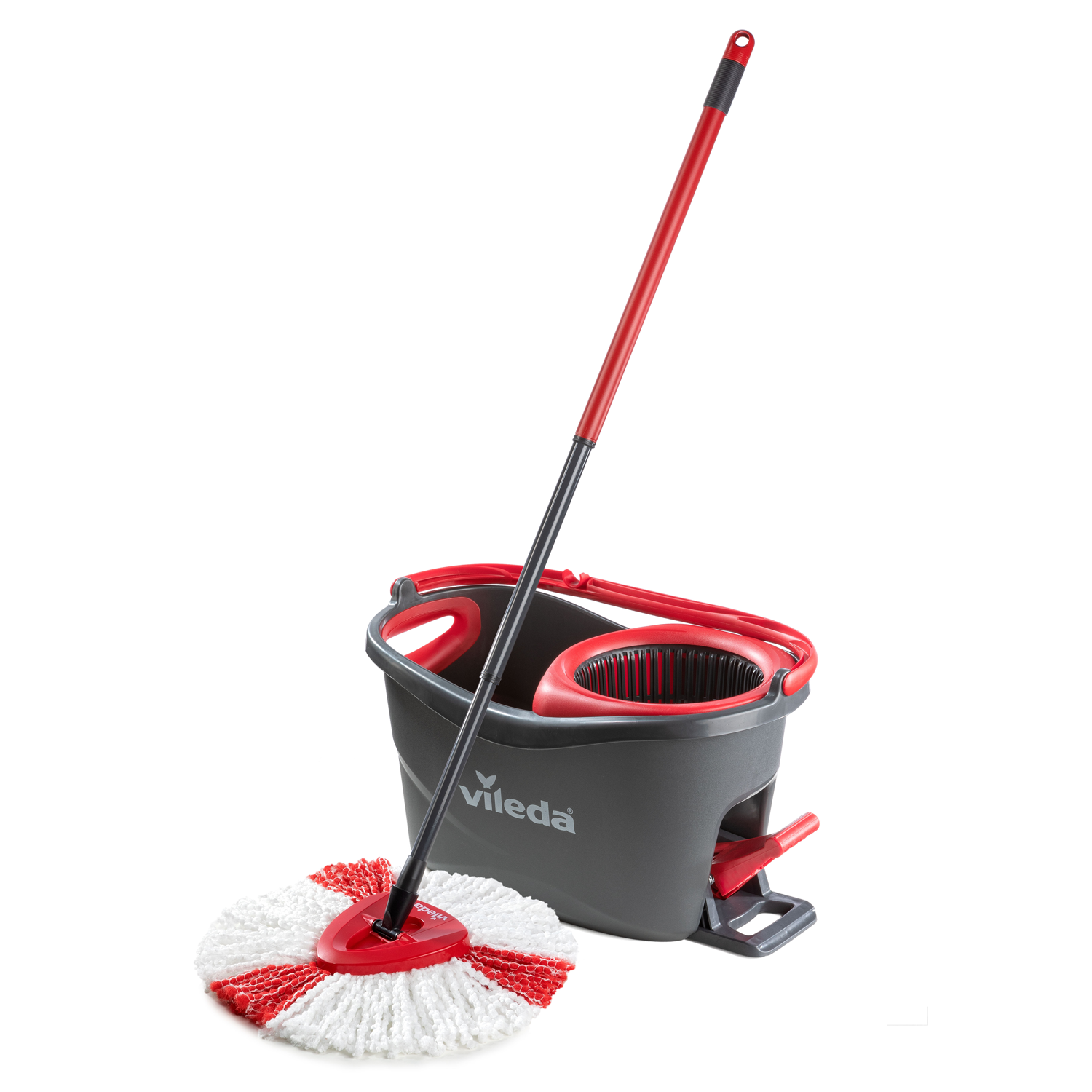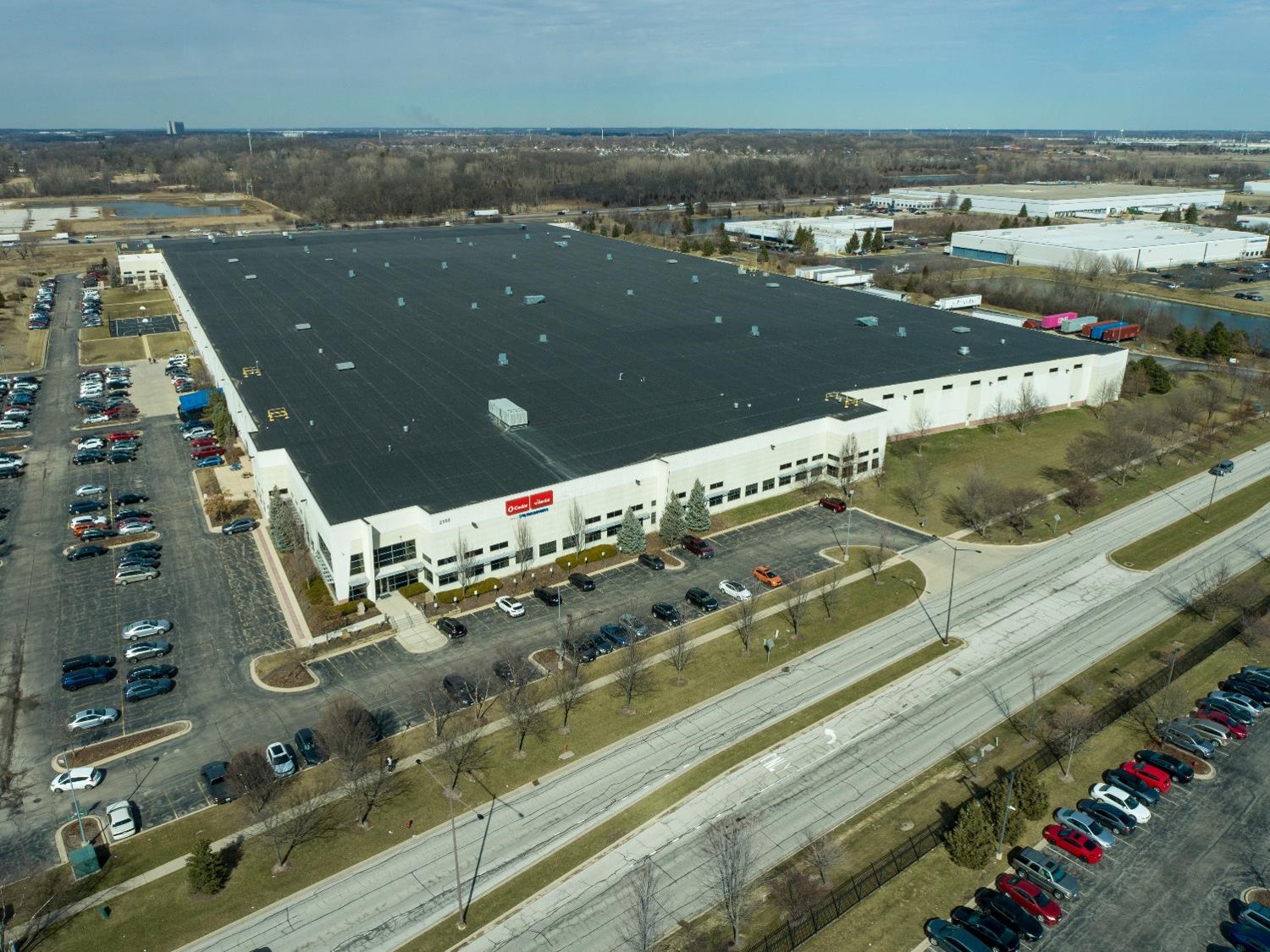Covid and subsequent supply chain problems have shown how quickly unpredictable events can turn an entire production operation upside down. To prepare for future challenges like this, the Aurora site of Freudenberg Home and Cleaning Solutions (FHCS) took a new approach.
Just a few years ago, no one would have seriously believed that a global pandemic, severe container shortages and massive port congestion would almost bring the worldwide economy to its knees. But it is now clear: supply chain problems can occur at any time. So the FHCS team in Aurora decided to implement a comprehensive package of measures to arm itself against future potential disruption. “Our goal is to position ourselves in the best possible way for the future so that we can meet our obligations to customers at all times,” explains Christopher Deane, Corporate Senior Director Global Technologies. With project “SAM” (short for Supply Chain America), the site has implemented nothing less than a mammoth project over the past two years to shorten and localize the entire supply chain, and to be prepared for future disruption.
First, a total of eleven working groups scrutinized the current situation and developed strategies to achieve the greatest possible production capacity and flexibility in the future. As program manager, Deane coordinated the cooperation among the working groups and ensured that communication ran smoothly. “It was important that all working groups were aware of what they really wanted and informed other teams about it,” Deane continues. “Because each individual team action had the potential to impact the other ten teams and the entire project.”
It was important that all working groups were aware of what they really wanted and informed other teams about it.
Christopher Deane, Corporate Senior Director Global Technologies
Meanwhile, Aurora considers itself well positioned for the future: A new large-scale external Finished Good Shipping DC warehouse began operations, making way for additional production lines and injection molding machines; in-house production of the recent Freudenberg Innovation Award winning product O-Cedar EasyWring RinseClean has started successfully and soon, in-house production of bucket pedals and localized production of mop heads will follow. To react immediately when supply chains are disrupted and reduce dependence on Chinese partners, new suppliers have also been established in the USA. In addition, intelligent manufacturing systems and automation have been implemented, wherever possible, to counteract the increasing shortage of workers. For example, utilizing robots to pack the boxes onto pallets, and automated screwdriver systems to replace manual screw drivers for six screws. Former production employees have also been partly retrained to become technological experts.
Implementing the project was like open-heart surgery while the patient was running a marathon.
Christopher Deane

“Implementing the project was like open-heart surgery while the patient was running a marathon,” says Deane. “We broke one sales record after another while still implementing our measures. We’re proud to say that we had zero accidents during that time and stayed within budget.” Success was made possible in no small part by the support of other FHCS sites, including those in Canada, Mexico, Germany, Italy and the Czech Republic. This is where much of the testing and certification of new production equipment parts took place.
Customers were also enthusiastic about the measures taken. Representatives of one of the world’s largest online sales platforms have already inspected the changes at the site. When the project is completed in the summer, Aurora will have fully adjusted to the “new normal.” As the largest manufacturing site within FHCS, Deane and his colleagues then plan to offer their expertise to other sites facing similar issues.
